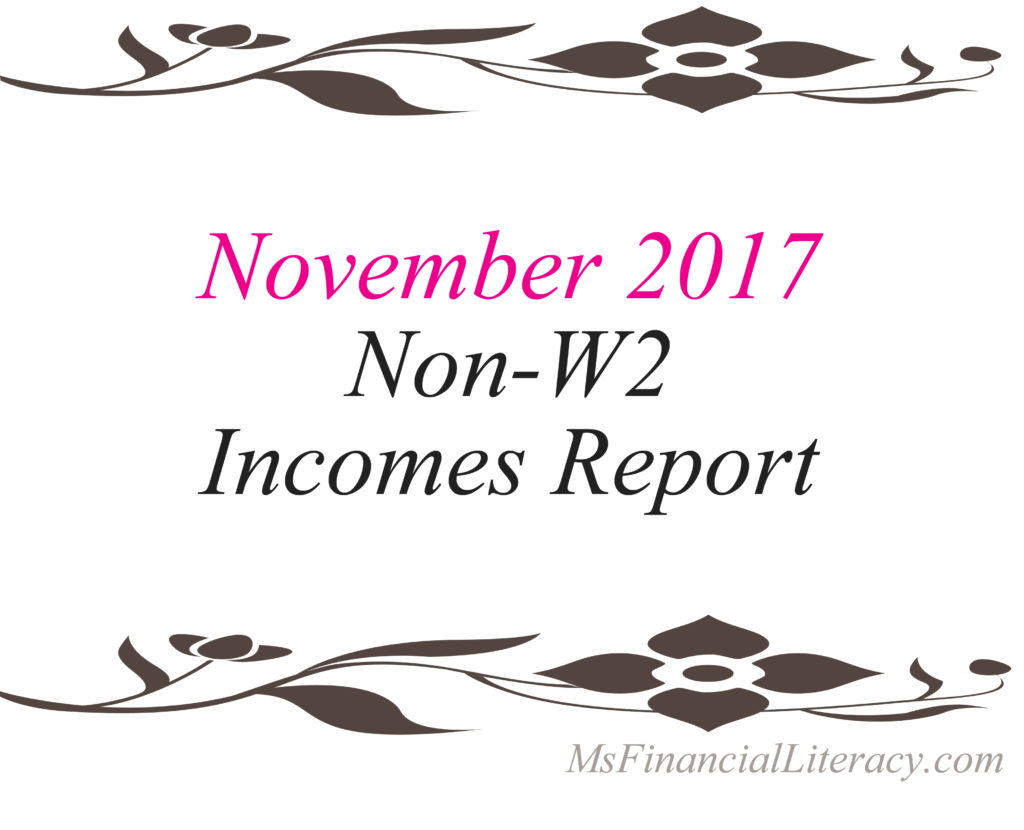If you live in the U.S. and work for a decent size employer, you’ve probably heard of a pretax 401(k) profit-sharing plan. You can read my previous articles on 401(k) by following this link here. In this article, I walk you through what are after-tax 401(k) contributions and how this is different from a traditional (pre-tax) 401(k) plan or Roth 401(k). I cover how this plan works and why might you want to make after-tax contributions to a 401(k), provided it’s available to you through your employer. I also share the insights my husband and I have learned regarding after-tax contributions, such as rollover options.

I first read about after-tax contributions just about a year ago. I recall sharing that information with my husband afterward and we wished such an option was available to either one or both of us through our employers. To our surprise, our wish came true a few months later. My husband’s employer made the after-tax 401(k) contribution option available. Since then, both of us have learned a lot more about the rules that govern the after-tax 401(k).
What is an After-Tax 401(k) Contribution?
Sometimes, the after-tax 401(k) is also referred to as the mega backdoor Roth. This plan allows qualifying participants to set aside more money toward their retirement accounts, using after-tax money (that is, money they get paid that they’ve already paid tax on).
Currently, the maximum amount plan participants are allowed to contribute to a pre-tax 401(k) is $18,000. Just like like a traditional (pre-tax) 401(k), there are no income limits/restrictions. If your employer allows after-tax contributions to your 401(k), you may be allowed to save up to the $54,000 IRS limit for 2017. This amount is an overall cap, which includes your $18,000 pre-tax contributions plus any employer contributions.
Let’s say for year 2017, you plan to max your pre-tax 401(k) contribution plus 3% match on $100,000 salary. This combined number equals to $21,000. Subtracting this amount from $54,000 gives you $33,000 max to put toward your after-tax 401(k).
However, keep in mind that some employers who offer the after-tax contributions might not allow their employees to contribute up to the IRS limit for the year. For instance, your employer might set such a rule that you’re only allowed to contribute 10% of your income per pay period toward your after-tax contribution plan. Check with your HR and plan administer to learn what’s available to you.
After-Tax 401(k) Plan is Not the Same as a Roth 401(k)
Continue Reading




